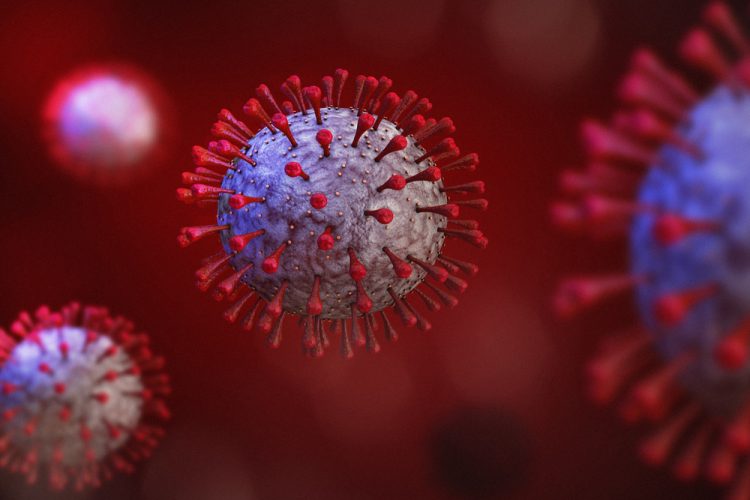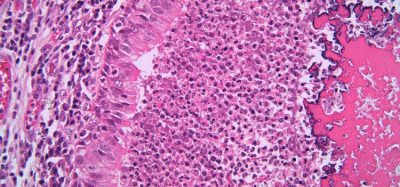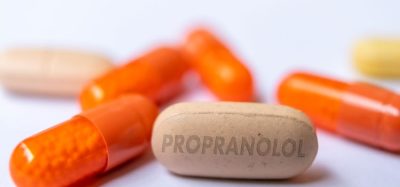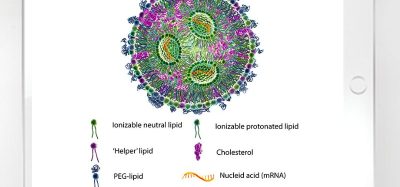Interleukin-6 inhibitors improve outcomes for COVID-19 patients in study
Researchers have shown that symptoms in patients experiencing severe COVID-19 improved when given either sarilumab or tocilizumab, interleukin-6 inhibitors.
Research on patients experiencing severe COVID-19 symptoms has shown they had improved outcomes when administered with an interleukin-6 (IL6ri) inhibitor. Treated with either sarilumab or tocilizumab, the researchers say the drugs mediated severe systemic inflammatory responses.
From Boston Medical Center, US, the team highlight that the treatment was most effective when administered earlier in the disease course and reduced mortality rates and the need for intubation. Furthermore, the researchers say that the IL6ri treatment appeared to be more effective compared to other options, including remedesvir and dexamethasone.
According to the team, elevated IL-6 levels may mediate the severe systemic inflammatory responses that occur in patients with severe acute respiratory syndrome (SARS) or a COVID-19 infection. The 255 COVID-19 patients in this study were divided into two groups, stage IIB and stage III based on their fraction of inspired oxygen (FiO2). Patients requiring up to 45 percent FiO2 were considered to be stage IIB and those more severe who were requiring greater than 45 percent FiO2 were considered to be stage III.
Following IL6ri treatment, the discharge rate was higher for the stage IIB group compared to the stage III group, showing the impact that earlier administration can have throughout the progression of COVID-19. The average length of stay in the hospital was 12.9 days, but patients treated in stage IIB had a shorter average length of stay of 11.3 days than those in stage III, at 15 days. A total of 68 patients (26.7 percent) required mechanical ventilation and of these patients, 44 were intubated 24 hours later after receiving IL6ri. IL6ri was initially reserved for critically ill patients, but after review, the treatment was administered to patients with lower oxygen requirements.
“At a time where treatments are being tested with urgency throughout the COVID-19 pandemic, our study results offer some hope towards finding solutions to better treat patients throughout this disease,” said Dr Manish Sagar, a researcher at Boston Medical Center and associate professor of medicine and microbiology at Boston University School of Medicine.
The study’s sampling-with-replacement analysis found that the patients who received IL6ri had a lower mortality rate than patients in the intervention and control groups of the remdesivir and dexamethasone trials.
“The greatest benefit with IL6ri use was seen in patients who received the drug in an earlier stage, prior to critical respiratory decompensation, showing the importance of prompt testing and treatment,” said Dr Pranay Sinha, also an infectious diseases physician and researcher at Boston Medical Center. “We speculate that immunomodulatory drugs like IL6ri or dexamethasone may be more effective before immune-mediated damage has occurred. We hope these findings can help guide physicians as we seek solutions to reduce mortality, increase extubation, reduce length of stay in the hospital and have more patients discharged from the hospital alive.”
The findings were published in the International Journal of Infectious Diseases.










